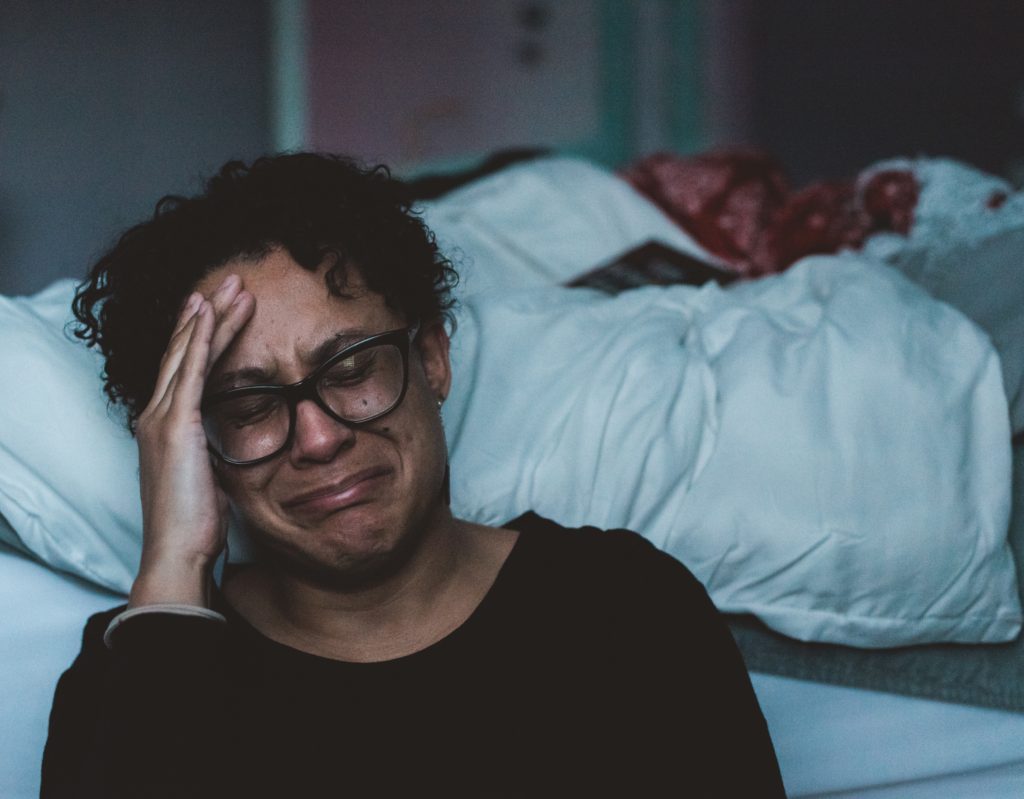Mainstream media, movies, novels, and love songs all seem to perpetuate the same story: that in order to live a truly fulfilling and enriching life, you have to be married. If not married, then at least be in a committed relationship. This is a narrow story that fuels the notion that husband plus baby equals woman. That a woman alone is not serving her purpose, that she is a slut if she sleeps with multiple partners, that she is unlovable, a spinster, a wench.
But what does this mean for the 110.6 million people in the United States that willingly choose to remain single? Are they not leading fulfilling and enriching lives because they lack a significant other to share it with?
In speaking my power to truth, I have never been in a relationship. I’ve built a life for myself that I am proud of, and yet, I’ve been made to feel in society that I am unworthy because I’ve made the conscious choice to be alone.

“Being single means risking being misunderstood, being perceived as being alone or broken, having no one to focus on, fall into, or hide behind. It means having to be my own support system, and having to stretch to find family and love and connections outside of the traditional places,” said Tracee Ellis Ross at the Glamour’s 2017 Women of the Year Summit. “That’s something that I want to do. I want to be the brave me, the one whose life is my own.”
There is a common misconception that single people are lonely. I may not share a bed with the same man each night, but I am not lonely. Quite the opposite, actually. Being single allows me to surround myself with close friends, co-workers, and family members. I have a support unit that deviates from the normative role of an intimate relationship, but that is no less encompassing.
“Marriage responds to the universal fear that lonely people might call out and find no one there,” said Supreme Court Justice Anthony Kennedy. What Kennedy fails to realize is that marriage is not the absence of loneliness. That many married people feel lonely in their relationships. That being married does not necessarily equate to eternal happiness.

Our society thrives in a matrimaniacal culture, one that hypes up the image of coupling, while simultaneously stereotyping and stigmatizing single people. Consider for a moment the countless laws that benefit only married couples. Married couples enjoy tax benefits through joint filing; government benefits in the form of social security, Medicare, and disability benefits for spouses; insurance benefits from their spouse’s employer; the ability to live in neighborhoods zoned specifically for families only; and family rates for home, auto, and health insurance.
Most often people do not realize they are exercising singlism behaviors. It is normal for single people to field questions like “why aren’t you in a relationship yet?,” “what are you going to do?,” or “why are you still single?” Well meaning questions, yes, but the sting is still there. I should not have to answer for why I choose to live the life I do. So long as I am not hurting anyone else, it’s really none of your concern.
When I consider what makes my life full I am reminded that my life is mine. I am in charge. I have the freedom to make my own decisions and deal with the consequences in my own personal way. I am self sufficient. I have a purpose and that purpose gives my life meaning. I can pursue what matters most to me, without considering how that may affect anyone other than myself. I do not fear a life alone, I am empowered by it.
By: Rachel Ladeby

